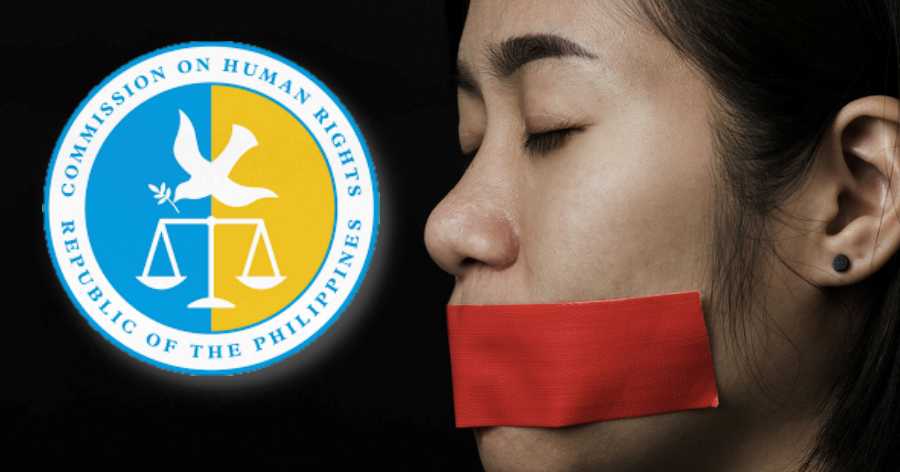With the passage of Republic Act No. 11862, the Expanded Anti-Trafficking in Persons Act, the government has reinforced its fight against all forms of human trafficking, whether for labor or sexual exploitation.
Also Read: Rights of a Domestic Worker in UAE
RA 11862, according to CHR Executive Director Jacqueline Ann de Guia, is “crucial and most welcome” because it holds internet intermediaries such as social media platforms, banking, and e-commerce liable if they knowingly or negligently allow the use of their infrastructure to promote human trafficking.
New Legislation to Boost Anti-Human Trafficking Efforts – CHR
“With the legislation in place, the process of resolving cases will be expedited,” De Guia, a lawyer, said as reported by the Manila Bulletin.
“Law enforcement agencies are mandated to conduct counter-trafficking intelligence gathering and investigation within 10 days upon receipt of a report, statement, or affidavit,” she said.
She went on to say that government personnel can intercept conversations of people suspected or accused of committing a crime.
She did point out, however, that a court order in writing is required, with the sole exemption being if the victim is a child and the offence includes the use of computer systems and digital platforms.
She emphasised that harsher penalties are included in the new legislation when the crime is committed during a crisis or natural disaster, a public health concern such as a pandemic, a humanitarian conflict, or an emergency situation, or when the victim of human trafficking is a survivor of a natural disaster or a human-caused conflict.
De Guia noted that the majority of individuals assisted by the Center for Human Rights were victims of labour trafficking, followed by sex trafficking, online sexual exploitation, and armed combat, using data from the Department of Social Welfare and Development (DSWD).
The Department of Justice (DOJ) predicted that there would be 2.8 million accusations of child sexual exploitation online by 2021.
“CHR commends the government’s efforts to build stronger and more efficient mechanisms to protect the rights and life of marginalized sectors, especially women and children as they are the most vulnerable to human trafficking,” De Guia said.
“As duty bearers, we extend our support to implementing agencies to ensure greater shared responsibility in putting an end to this method of exploitation and abuse,” she added.
The Expanded Anti-Trafficking in Persons Act provides benefits for Filipino domestic helpers who are victims of trafficking. The Act gives these workers the opportunity to obtain a work visa and to work in the Philippines legally. Additionally, the Act provides for protection from exploitation and abuse and gives domestic helpers the right to file a complaint if they are trafficked. This Act is a positive step for Filipino domestic helpers and will help to ensure that they are treated fairly and with respect.
READ NEXT: Pinay Domestic Helper Shares Story of Determination After Working 11 Years Abroad
